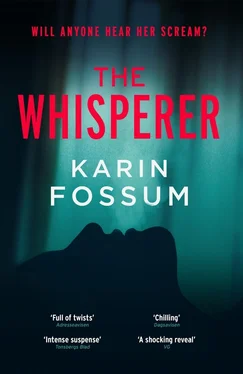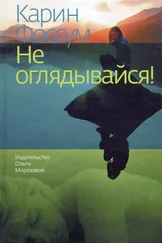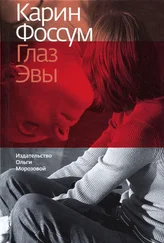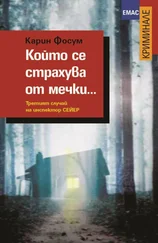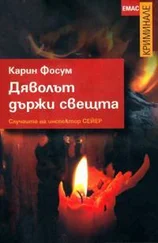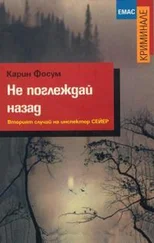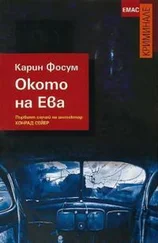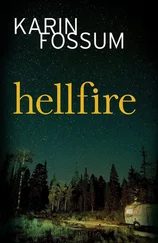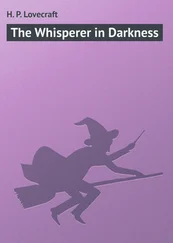She handed the prescription in at the chemist, and when she came out again, she opened the box and pulled out the tray of tiny pills. They were no bigger than a grain of rice. It was hard to believe that something so small could really help her sleep. She had no idea what they contained, as she had not asked. One summer, a long time ago, she was on holiday in the Algarve with her parents, and in one of the villages they saw a man sitting on the pavement selling grains of rice. He claimed that the whole of the Lord’s Prayer was engraved on each grain. They were in glass pendants on leather thongs, and people bought them and wore them around their necks, believing that they carried a prayer, that they would be protected. She had not bought the grain of rice. She did not believe in what she could not see. She held the packet of pills tight in her hand, noticed the red warning triangle. She liked the triangle, it must mean they were effective. But as she did not drive or operate any heavy machinery, it did not apply to her. Now she had a defence. A switch. She could turn it on and off, sleep or not sleep; it was a choice, some form of control over the night. Wake up when the chemicals had left her body. Choose the day, and then choose sleep. Keep the demons at bay.
The pills were protection against intruders, her equivalent to Gunnhild’s pepper spray that she had bought on the Internet and always kept with her.
She wandered aimlessly through the city centre, window-shopping. Popped into Magasinet and had a quick look in the cafe, in case Walther might be sitting at one of the tables, watching her. She decided to have a look in the pet shop, as she sometimes did, because she liked the smells and sounds. They had aquarium fish and parrots, hamsters, guinea pigs and rabbits. There was a macaw called Papa Doc that had been in the shop for years, and she never tired of admiring him. His cage was always open, so he could go in and out as he pleased; in other words, he had a standing offer of freedom which he chose not to take. Maybe he thought there were too many people out there, too much noise, too many staring eyes and pestering fingers. So he sat there on his perch where he felt safe. Ragna stood quietly and watched the bird. He stared back at her with bright eyes, tried to gauge what sort of person she was, if she had good intentions. She whispered some words of affection and he sidled closer. She wanted to touch him, stroke his feathers. But a sign said that Papa Doc should not be touched, and it was clear that he could bite off your finger. His red feathers had a moisture to them, and his eyes had a twinkle. She knew that he could talk, but today he had nothing to say. She leaned closer, tried to tempt him. ‘Beautiful boy,’ she whispered. ‘Beautiful boy.’ But he was not going to be fooled into imitating her. Another bird in another cage started to whistle in a seductive manner, which raised her spirits. When she closed her eyes, she could pretend she was a real stunner walking down the street, with people clamouring all around. As she was leaving, without having bought anything, she passed a display of postcards and stickers and other bits and pieces, all with pictures of animals. But it was something else that caught her attention. On the wall above the display was a metal sign. It was A4-size and had on it a picture of a snarling Rottweiler with a studded collar. A hole had been drilled in each corner, for screws. And under the picture it said in big letters: ‘BEWARE THE DOG!’
Ragna’s eyes widened. She had never seen a dog like that, nor canine teeth like that — it certainly was not like Dolly. This was a predator, trained to attack. She rose up onto her toes and took down the sign to look at the terrifying beast more closely. The sign was meant to be hung on a wall, or a fence, or a gate, and it was solid and heavy. She went over to the counter and opened her purse with rare determination. Someone had sentenced her to death. Now she had protection.
‘Do you have one?’ the assistant wanted to know. He put the Rottweiler in a bag and watched her tap in her pin code.
‘No,’ she whispered. ‘But I need one.’
He was taken aback by the fact that she whispered, but thought that it was maybe her way of flirting. She had lowered her voice to make herself more mysterious, and he was charmed.
‘With that on your wall, you won’t need an alarm,’ he said.
She thanked him and left, hurried down the street to the square, with the sleeping pills in her bag and the Rottweiler in a plastic carrier. Once she was sitting on the bus, in the third row on the left, she took the sign out of the bag. It weighed a lot. She could not stop staring at the snarling dog. She could hang it the wall of the house with those nails she had lying in one of the kitchen drawers.
As soon as she got home she put her plan into action. She hammered hard and furiously with all her might and continued long after the nails were embedded in the wood, one in each corner. The hammering was a warning to the whole neighbourhood, Ragna thought, as she stood there banging away. The woman who lived here knew how to defend herself. When the sign was in place, to the left of the front door, she stepped back and admired the dog from a distance. Then she went down the steps and onto the gravel driveway. It looked like the dog was following her with his eyes, no matter where she stood in relation to the door. She moved sideways to the right, then to the left, to the bottom of the steps, all the way down to the road, keeping eye contact with the dog all the time. She saw the red wetness of the dog’s mouth, the yellowish teeth that could pull and tear.
The real Rottweiler, the one she did not have, that she might have called Attila or Saddam, that weighed more than seventy kilos, was right inside the door; the one that she wanted visitors to imagine, when they had seen the sign, would attack given the short whispered order ‘Attila, go’ — especially if that person had ill intentions.
But what about the children, she thought, the ones who came to sell raffle tickets, small and hopeful with rosy cheeks and frozen fingers? They would also lose their nerve, and they did not have much before. They would turn on their heels and run as fast as they could, raffle tickets in one hand and some cold coins in a plastic bag in the other. Ah well, she shrugged, swings and roundabouts. She went inside again, locked the door and put on the security chain.
There was a raw chill to the dark November days. When she went to throw out the rubbish, with no coat on, the snow whipped round her and pinched her cheeks in the short distance down to the road. She did it as quickly as she could, then shuffled back to the house, bent double like an old lady. The cold was evil and chilled her to the bone, she felt that it was out to get her, that it was significant in some way. She decided to buy a pair of sheepskin mittens. The cheap, synthetic mittens were not good enough, nor were the boots. She had no fat on her body, so she was easy prey. When will I learn? she asked herself. I’ve lived in this country all my life. The Eskimos, they knew how to dress. For them, the cold was a given, something they lived with, constantly. The frost killed any bacteria, so the food kept longer, everything was clean and sparkling white. She associated Eskimos with something pure, fresh.
But it was warm on the bus, and her favourite place was empty. She spared a thought for the driver, who sat there bouncing in his seat, and was bombarded by a cold gust from the street every time the door slid open with a wheeze. She was nearly home. What should I eat tonight? she wondered. Maybe some of Irfan’s flatbreads with ham and a hot sauce. She felt her face lighting up every time they passed a street light, even when she closed her eyes. It was snowing, but the snowplough had not been out yet. She trudged along the road in her thin boots. There were salt marks on the leather and her toes were numb. She felt something was amiss. But it was the cold, she was walking with her head bowed, did not look up. She quickly crossed the road, then stood there, at a loss, looking around. It was darker than normal, quieter, colder; something essential was missing from the street, as though it had lost its pulse and was dying. She walked faster, no one was following. When she finally got to Irfan’s shop, she saw that the light was not on. That was strange. She stared at the dark window in surprise, then noticed the sign.
Читать дальше
